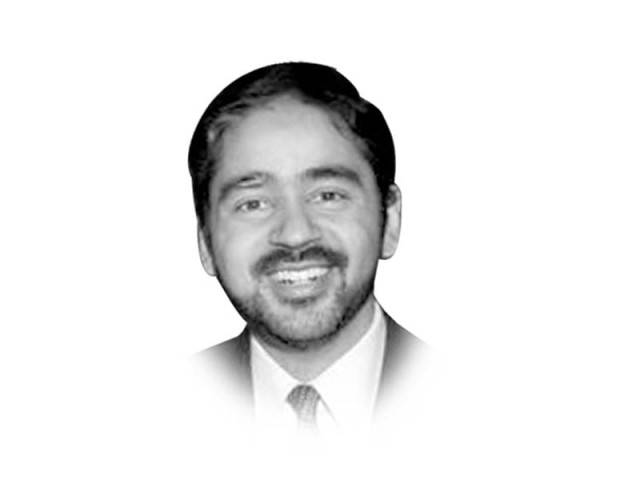The conversations we need
The issue of poverty has to be owned by all of us

The crippling poverty of the mid 20th century in Latin America, combined by US-sponsored coups and support of brutal authoritarian dictators, was responsible for the rise of liberation theology. The ideas of liberation theology put the issues of poverty, and liberation of the poor, at the centre of Christian theology. Not without controversy and detractors, these ideas have nonetheless mobilised both new movements and new champions of the rights of the poor. Foremost among the proponents of liberation theology is Gustavo Gutierrez — a Peruvian priest, philosopher, educator and activist.
Gutierrez’s writings and the ideas of liberation theology in the 1970s inspired an unlikely pupil who had grown up with very modest means in Florida, and went on scholarship to study at Duke and Harvard. As a student, this young man had been deeply troubled by the systemic injustice of society that continued to inflict structural violence on the poor. In due course, he would become one of the most influential public health experts and scholars of our time, and his work, both as an academic and as a practitioner, would be hailed around the world as revolutionary. His name was Paul Farmer. Years ago, I had met Paul and found him to be incredibly kind and generous, both with his time and his advice. Over the years, I learned both from his work and his wise counsel. Though I never got a chance to formally work with him, when he died unexpectedly in February 2022, I felt a sense of deep personal loss. Like many in my research network, I miss him dearly.
Sometime ago, I had bought a book, In the Company of the Poor, written jointly by Paul and Gustavo. When I first read it, I found the message powerful. Troubled by the events happening all around us, where our societies have become a factory to manufacture poverty at lightning speed, I picked it up again last week. The essays in the book by Paul and Gustavo speak to both the injustice that creates poverty, and the racism and violence that sustains it. Paul notes in one of the earlier chapters, “Poverty is not some accident of nature but the result of historically given and economically driven forces.” Gustavo, in his essays and in his conversations, talks about what he calls “a preferential option for the poor” and how his faith, his reading of scripture, his reflection and his commitment to service all converge on these ideals. Perhaps the most important part of the book is a reminder to listen, and not preach, to the poor.
One does not have to agree with Gustavo’s particular reading of scripture, or with Paul’s commitment that is inspired by that reading and understanding. But there is little doubt in how the system around us continues to create abject poverty, and how many of us use our privilege and our prejudice to ensure that the poor continue to suffer. To break this cycle of neglect, apathy, privilege and prejudice, we need to not only reflect, but have important conversations that inspire us to act. Conversations like those between Paul and Gustavo. We need conversations between thoughtful and caring people from different parts of society. Conversations between individuals trained in different disciplines. Conversations between caring people who want to see a different future. Conversations between individuals who are not afraid of facing history. Few such conversations are happening today in our society.
The issue of poverty has to be owned by all of us. Ending poverty cannot simply be the domain of economists or public policy experts. Faith leaders and doctors, lawyers and students, engineers and teachers, all have to recognise both their responsibility and their agency. And perhaps, as we recognise our own responsibility and agency, we will also have our own shared moral imagination — the vision of a dignified future for all, without exception.
Published in The Express Tribune, December 5th, 2023.
Like Opinion & Editorial on Facebook, follow @ETOpEd on Twitter to receive all updates on all our daily pieces.














COMMENTS
Comments are moderated and generally will be posted if they are on-topic and not abusive.
For more information, please see our Comments FAQ